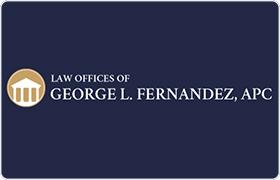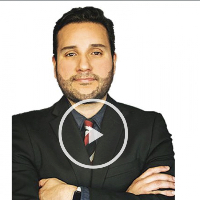Manhattan Beach DUI-DWI Lawyer, California
Sponsored Law Firm
-
 x
x

Click For More Info:
-
Law Offices of George L. Fernandez APC
444 Ocean Blvd Suite 800 Long Beach, CA 90802» view mapCriminal Defense Law Passion. Experience. Diligence.
George L. Fernandez is dedicated to competently, thoroughly, and diligently represent the best interest of his clients in a professional and ethical matter at all times.
800-970-2821
Angela Rena Swan
✓ VERIFIEDMs. Swan has been licensed to practice in the state of California since 2001 and helps people with Divorce & Family and Criminal law matters.
Charles Reinhardt Rondeau
✓ VERIFIEDCharles R. Rondeau has more than 25 years of experience successfully handling personal injury and employment-related cases throughout California. He h... (more)
Michael Scott Braun
✓ VERIFIEDI was born and raised in Nebraska and lived there until I relocated to California in 1990. Early on, I was expected to work and because of that, I hav... (more)
William K. Ringgold
✓ VERIFIEDMeet William K. Ringgold, a highly skilled and experienced lawyer who specializes in handling DUI cases in California. With a deep understanding of Ca... (more)
FREE CONSULTATION
CONTACT George Fernandez Long Beach, CA
George Fernandez Long Beach, CA Practice AreasExpertise
Practice AreasExpertise




